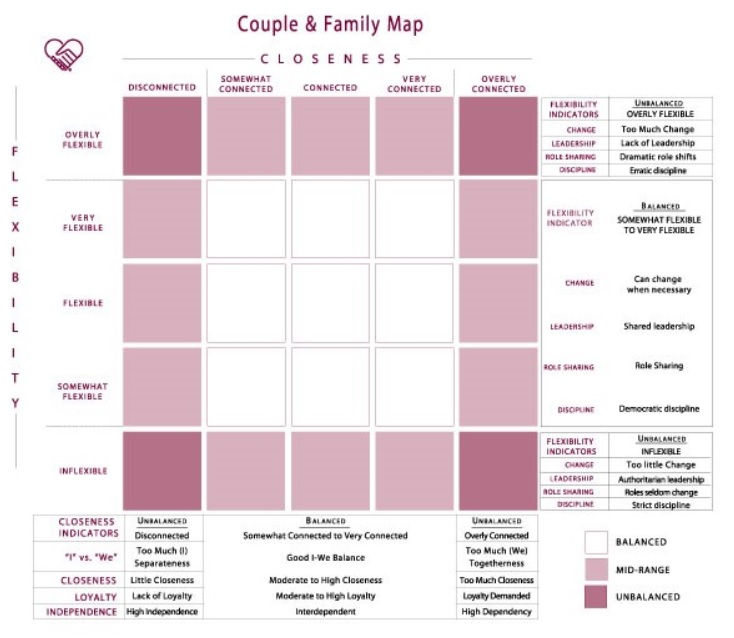Validation
- rogerlinpsyd
- Jul 6, 2022
- 3 min read
Validation is acknowledging a person's thoughts, feelings, desires, and actions as understandable. It is saying:
"I see what you mean."
"I understand why you did that".
"I can see your perspective."
There are benefits in giving and receiving validation, such as:
Building trust, security, connection, and understanding in relationships.
Increased self-confidence
Experiencing and feelings of acceptance, belonging, comfort, and courage
Increased honesty and empathy
Validation helps us regulate emotions knowing that you are seen, heard, and understood. Hearing how other people see you provides feedback for self-reflection. Validation helps resolve conflicts when all parties understand each person's different points of view. Validation helps people know that they are important, significant, and valued, that "You hear me, you see me, you understand me, I matter to you, you care about me". Validation gives hope to a person who is discouraged, to not give up. A validating statement can stoke perseverance and resiliency to keep you pressing forward towards your goals.
The desire for validation from others is a natural and a healthy part of relationship. Reflect on your relationships and consider if you are giving and receiving validation from one another.
On the negative side, we can have problems with validation. An over-dependence on external validation, experiencing invalidation, and the absence of validation can lead to:
Neediness
Co-dependency
People-pleasing
Attention-seeking behavior
Acting out
Being defensive, critical, judging, manipulating, controlling, attacking others, passive aggressive behaviors, blaming others, sucking up to people, flattering, lying, placating, being a doormat, letting people walk all over you, being used by people in relationships,
Feelings of insecurity, sadness, loneliness, isolation, anger, bitterness, disappointment, anxiety.
Being a chameleon
Acting and thinking and saying things you think other people want you to say
An attitude of cockiness, bragging, entitlement, superiority complex, low self-worth, feeling less than others, inadequate, not good enough, inferiority complex, identity confusion, lack of self-awareness, denial, repression, projecting, victim mentality, thinking that everyone is against you.
...and the list goes on.
Since we are aware of the positive and negative affects of validation, we may hear things like:
"Don't seek validation from others. You need to believe in your self."
"Everyone deserves to be validated as fellow human beings."
Be aware of these responses to validation. We don't want to disregard giving and receiving validation, but we also don't want to be overly dependent on it.
Giving and Receiving Validation:
1) Give people your attention.
Give people eye contact. Ask, "How are you?" Don't be distracted or in a rush. Simply pay attention to the person and listen to what they are saying.
2) Be a mirror.
Reflect back to people what you hear them say. Summarize, clarify. "I hear you."
3) Go deeper in conversation.
"And then what happened?" "So what did you do?" "I want to know."
4) Encourage.
"I am here for you." "You're doing a lot."
5) Don't judge.
Don't give advice. Don't make it about you. Go back to #1-4. Listen and sit there in silence.
6) Get perspective.
Don't minimize (This isn't that big of a deal) or catastrophize (Your life is over). Ask about patterns, "Has this happened before?" Consider possible outcomes, "What is the best case scenario?" "I care about you. Help me understand."
7) Balance external and internal validation.
It's natural to care about what people think of you and want people to like you. But an over-reliance on seeking validation from people can become problematic.
Learn to control your external validation-seeking behavior:
Take breaks from social media
Be assertive and direct in relationships
Share your imperfections vulnerably
Also learn to build internal validation: Know yourself, know your thoughts, desires, needs, wants, preferences, dreams, tendencies struggles; be confident in your abilities, experiences, accomplishments, qualities; find value in yourself. Be able to say, "I am a human being. I am alive. I have intrinsic value."

Comments